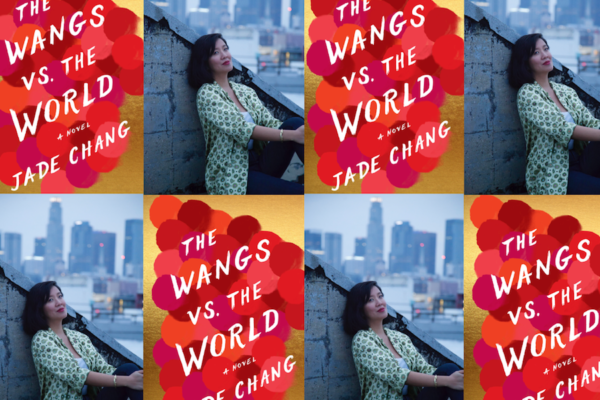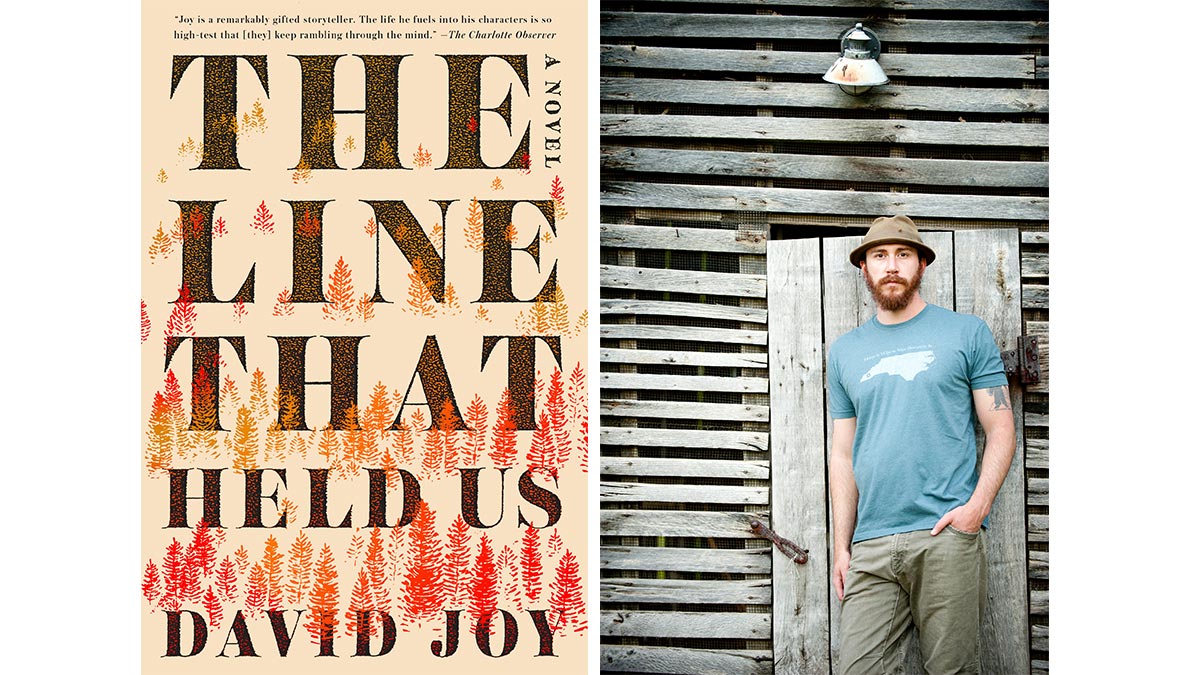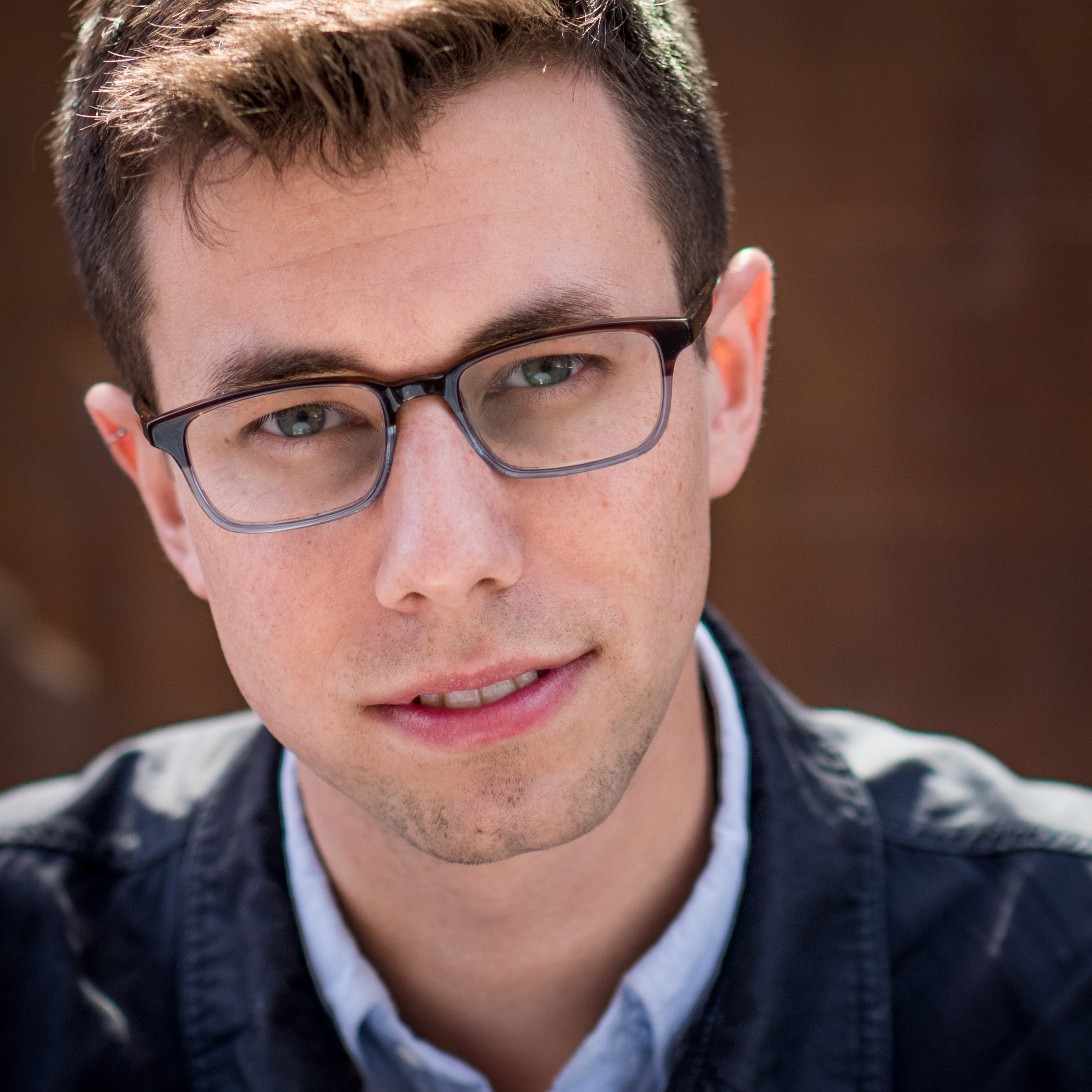Jade Chang interviewed by Sarah Hoenicke
“Sometimes just living your life in a way that is completely unapologetic is a rebellion.”
Jade Chang’s debut novel, The Wangs vs. the World, is an extraordinarily balanced first book. Often, debuts lack perfect continuity—containing lapses into portions of the story that the author needed to know, but the reader did not. In this case, there are no lulls or glimpses of the process that led to the finished book. There are only the characters—the individual and complex members of the Wang family.
This is an immigrant novel in that the Wangs’ patriarch, Charles, has immigrated to the United States and spends much of the novel comparing the two cultures he’s known, but his perspective hardly consumes the narrative. We hear from Charles’s three children—artistic and together Saina; Andrew, an aspiring comedian; and Charles’s youngest, Grace, an avid fashion-blogger. These three and Charles make up the bulk of the book, but they’re given a lively supporting cast—even allowing the car they travel in some airtime.
Charles made his stateside fortune in cosmetics, but when he makes a bad deal and his prosperity abruptly collapses, he becomes obsessed with reclaiming family lands in China. Before he can do so, he must pick up his scattered family members and move them to Saina’s home in New York—this means a cross-country car trip with many unforeseen calamities and conflicts bubbling up along the way.
“The best thing fiction—really that all narrative art forms can do—is encourage empathy,” said Chang. Her book succeeds in this. It is not the story of foreigners enduring hardship and slight in rough America (though these things do pop up in the narrative). This is a distinctly American family, cultivating their online presences and consumed by their various products, but also affectionate, good-humored, vain. Each character has his or her own unique plethora of messy desires, and not one can be reduced to a cultural archetype. “There is no single way to be an immigrant and/or person of color in America, and there is no single way to see an immigrant or person of color in America,” Chang said. Through its multitude-containing, unapologetically American cast members, this book rebels by being.
Chang doesn’t hold an MFA or other graduate degree. She studied English literature and political philosophy at Cornell. Having grown up in LA with her parents and sister, Chang wanted to return home after finishing college. She found an internship at LA Weekly and moved back to California. During this time, she wrote about everything, only eschewing hard news reporting. She recalls interning as a “new way to look at my city.” She loved it. Working for a slew of publications, she wrote about architecture and design, considering how we live in cities, and how we’re impacted by our environments. Writing a lot is the way to make it as a freelancer, and that’s what she did. She didn’t think of it as preparatory training for becoming a novelist, but later realized it had been an education in dialogue, telling a good story, and character creation.
I was lucky enough to talk with Jade about becoming a novelist, the differences in journalism and novel writing, and about her next book, which (yay!) she’s already begun.
Sarah Hoenicke: How did you start the novel, and what made you want to write it?
Jade Chang: It was a few things. I knew I wanted to write a book that was big, fun, enjoyable to read, and kind of over the top in its own way, but that also simultaneously dealt with big ideas, was a serious endeavor of its own kind. Especially when we’re talking about literary fiction, there’s often this divide between the serious and the frivolous, this sense that something can’t be both weighty and fun at the same time. I knew I wanted to do something that was both.
I also wanted to write a different kind of immigrant novel. Growing up reading many wonderful immigrant novels, novels by people of color—it’s not that I didn’t love these books; I did—but there was always this sense that any story by an immigrant was a story of pain. Or at least a story of struggling to fit in, of somehow wanting to measure up to mainstream America. That was just never my experience. I felt like it was high time that a different kind of story was told. I figured, why not try to tell that story? Why not try to write a different kind of book?
SH: Could you speak to what the book says about family legacies—what gets passed down, expectations of generations?
JC: I don’t think the book makes any one statement about family legacies, it was more something that I was interested in exploring. Every member of a family will see it slightly differently, and the tension between those views is what makes the topic worth looking at. For example, each of the children reacts differently to their father’s desire to reclaim his family’s ancestral lands in China—Saina doesn’t see the point of it at all, Andrew is still working out his feelings on the topic, and Grace is all for it. Charles sometimes fears that his family legacy is one of loss and failure, but that is belied by the fortune he did make, and the lives that his children are leading.
SH: Why did you choose to have the book take place across these cities?
JC: Los Angeles, Austin, New Orleans…these are all very singular American cities and I wanted them to be part of the Wangs’ story.
SH: How was the process of writing your novel the same or different from your work as a journalist?
JC: In a way, all storytelling is storytelling. I never did up-to-the-minute news writing, so I didn’t have to separate myself from storytelling at all. I did much more magazine feature writing, so that sense of having to find a story, and then having to figure out the best way to tell that story, that was something that I learned as a journalist and that has been helpful. It’s one of the best ways to train yourself to write fiction.
The thing that was the most helpful was, as a journalist, you do these interviews, and you record them, and often you are the one to transcribe them. You are literally writing down what people say, as they say it. It’s this lesson in how people speak. That was, more than anything else, helpful to me in writing dialogue that felt realistic. I feel very grateful that I had that training without even realizing it.
In terms of writing process, this novel took me about five years to write. After I sold it, the editing took about 6 to 8 months. The editing wasn’t anything crazy—it was spread out during that time. Writing articles while I was writing this kept me going because I still had this other outlet where I was being published and getting feedback on things. It wasn’t just me hidden away in a room for a decade. There was a sense of being a part of the world as well.
SH: Did you have people reading it as you went along? Or did you achieve the amazing balance of the book just editing as you went?
JC: I would start each day editing the previous day’s work. A lot of it was just editing as I went. For me, it doesn’t make sense to workshop a novel as you go along. Good readers can tell you what is confusing about a book, what doesn’t make sense to them. They can give you a sense of how particular things make them respond, and point out why your work has elicited these responses. Whereas, if you’re just workshopping part of a novel, inevitably there’s someone who asks, well, shouldn’t this happen? Or, I have a lot of questions about that – and you say, yeah, it happens in the next chapter. Or, yeah, I’m going to tell you about it in three chapters. It just doesn’t seem that useful. It seems like it makes much more sense to have people read the whole draft.
When I finished my first draft of this book, I had five good friends who are all writers read it. Then I went through their notes and made some edits. I also had a few friends read it who were very enthusiastic readers, and made some edits based on their feedback.
SH: Were there things about the writing process that didn’t work, practices you had to adjust?
JC: I am a big proponent of outlining. Growing up and living in LA, I have so many friends who are screenwriters or TV writers. Even if you’re not interested in that at all, it’s hard to exist without getting some of the lessons of screenwriting. They infiltrate your brain, no matter what. My book did lend itself to being outlined. Writing a road trip, you’re taking characters from one place to another, so it makes for natural steps on an outline. I found that whole thing to be very, very helpful because I could plot out each character’s emotional arc on top of a physical journey. That gave the book a certain propulsive, forward movement, which I wanted. It also kept me writing and made each chunk of writing seem more doable. I felt like, ok, right now, I just have to get them from Bel Air to Santa Barbara.
In terms of things that I wanted to change, it was less process and more emotional. It takes a while to write a novel, so you change a little bit. When I first began, I was thrilled to just poke fun at some institutions. I was writing something that was a little bit rebellious and satirical. I still love all those things, but I also started to want to write a book that made readers feel expanded emotionally at the end, as opposed to diminished. Having characters with a certain kind of generosity of spirit became something that was important to me. I had to go in and think about how to graft that into their emotional arcs, which was challenging and rewarding.
SH: Why did you want to go the rebellious and satirical route in the first place?
JC: Again, I guess my answer to this is that, to me, it was the only option. I wanted to write about things that are the source of great anger and frustration, but I wanted to write about them in a way that is exciting and fun to read. I don’t see this book as a satire, but there are obviously satirical elements to it.
SH: One of the things that I enjoyed about the book is that we get these beautiful, emotional moments with each character, like Charles at the end, when he’s contemplating the different versions of China, and all the different kinds of immigrants, and then he goes back to reality and thinks, well that’s just academic bullshit, basically. You allowed them those deeper moments without taking away from the reality of their more human (flawed) characters.
JC: Thank you! That’s what I was trying to do.
SH: Is there anything you think you’ll do differently in your next book? Do you think it’ll go faster?
JC: God, I hope so. I have already started. I’m equally interested in telling a real story, and writing something that examines a lot of different ideas. Right now, I’m thinking about all these new, different things.
I don’t think I’ll do it all that differently. I’ve been making notes, I’ve been outlining, I’ve written a bit. Maybe I’m just not very good at learning lessons because I think that it’s likely that I’m going to do it all essentially the same way.
SH: Sometimes we don’t get the opportunity to change until we have two experiences to compare. Maybe you’ll learn as you go in this one.
JC: Yeah, maybe I’ll have wrestled some hard-won truths about the writing process out of the second one.
SH: How did you get to know your characters so well? You seem to have their emotional tics, their obsessions, their pet peeves down from the very beginning.
JC: This is my favorite part of writing. Working on characters is so fun, it’s like gossiping with yourself about people you know very well.
Remember how on MySpace, there was always that “About Me” section, and people would write this kind of disconnected list of things? It might be like: Fall days! Ulysses! Craft beer! Vintage shirts! I did that for each character. I just thought of what they would say the things were that defined them.
This is, again, straight from screenwriting—I thought a lot about what each character wanted the most, and what got in the way of that. Thinking about what a character wants is important because, as readers, we sympathize. We want people to get whatever it is that they want. It doesn’t even have to be an enormous thing. In the case of this book, they do want some large things, but, as a very weird example – I don’t know if you remember that movie, The Brown Bunny, that stars Vincent Gallo? For the opening sequence, or maybe for most of the movie – I can’t remember now – all he wants is to find a place to pee. Because that desire is so strong, it’s enough to drive us, too. We’re thinking, ugh, I hope he gets it!
I also did a lot of asking myself questions about each of the characters. Questions like, who would Saina have voted for? Why? Where would Charles take one of the kids for a celebratory dinner, and how does he feel about this place? Writing those questions and answers often brings up a lot of other stuff. A question that, at first, seems to be just about a restaurant, can then go into how Charles feels about particular kinds of food, and how he feels about other people’s reactions to these kinds of food. It becomes about so much more.
SH: I’m imagining that that is how you managed to get in so much cultural commentary while also being critical of the characters themselves. We weren’t getting a one-dimensional picture of any one.
JC: Yes. That’s one of the joys of a novel, especially something that’s written in third person—you get to know a character intimately, but you also get to know what other people think of them. In that way, you get to feel like the character.
Sarah Hoenicke is a teaching apprentice of English at Solano Community College, and a freelance writer. You can find her work in the LA Review of Books, Guernica, the Montreal Review, Angel City Review, Drunken Boat, and elsewhere. Her short story, “How Dark it is, Outside,” won the 2016 Cargoes Undergraduate Prose Prize. She edits the Arts & Culture section of entropymag.org.





